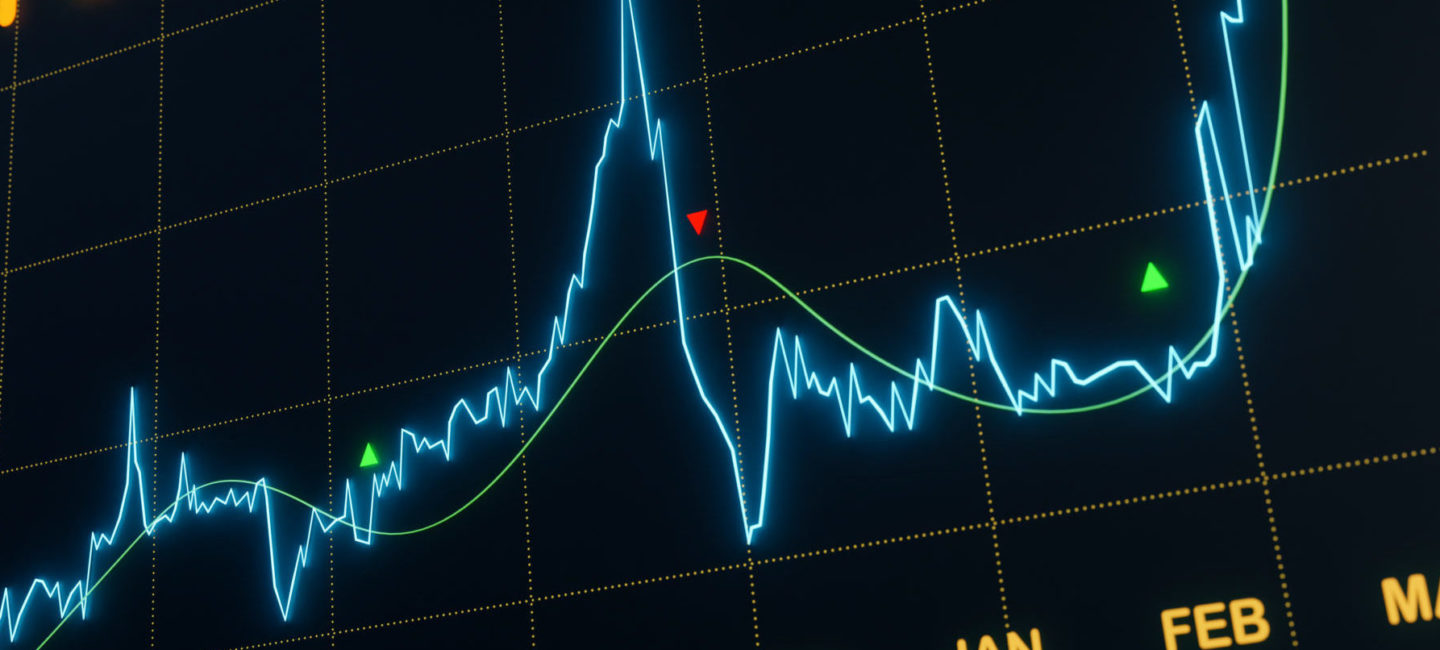Communicating in Times of Crisis
The word ‘crisis’ has rarely been out of the headlines in recent years. From the Brexit negotiations and the global pandemic to the cost-of-living crisis and the energy crisis, we’ve ridden the waves of one challenge to be immediately faced with the next.
In this Reading Room blog, senior client services director Andy Williams shares his thoughts on how companies should approach their communication strategy in times of crisis.
RE-EVALUATING COMMUNICATIONS STRATEGIES
My earliest PR experience involved spending two weeks with the comms team at Great Ormond Street Hospital Children’s Charity. Not only did I meet some truly inspirational children, families and healthcare professionals, but I cut my teeth on my fair share of coverage audits, media lists and blog writing. I even experienced my first press launch (interestingly, I was deemed eligible to be in the same room with Sophie Ellis-Bextor, but not Lewis Hamilton).
However, the most memorable task was participating in the regular run through of the charity’s crisis comms response plan. Tiered into bronze, silver and gold categories depending on the significance of the event, it remains one of the most meticulous and extensive crisis documents I have come across in nearly a decade of working in PR.
At the moment, crises are like buses and, after a tumultuous three years, I dare say many brands’ crisis comms plans should look a little different than they did in early 2020.
Those who successfully navigated the COVID-19 pandemic rapidly re-evaluated their external communications strategies to focus on relevancy, authenticity, advice and altruism. It was not a time to switch off, nor was it a time sell. It was a time to support.
While lockdowns have been left behind, brands are once again having to reach for the crisis comms playbook as the world is gripped by a cost-of-living crisis. Despite the nature of this crisis being fundamentally different to COVID-19, many of the principals of how to navigate it remain the same.
Do you need to engage?
First, relevancy: do you need to proactively engage with the crisis? More often than not, the answer is no.
For example, in the world of B2B marketing, energy efficiency is one of the biggest key messages for OEMs across all sectors. While a product may save energy vs a competitor, will it offset the 100+% increase in utility costs end-users have experienced in the past few months? Probably not.
As such, despite being in an energy crisis, now is not the time to go big on energy efficiency. No-one proved this point more than Boris Johnson with his infamous kettle quip and the social media backlash that ensued.
Instead, brands may be tempted to offer advice as to offset energy consumption. This worked well in COVID, particularly content that focused on tangible support to customers, such as decommissioning and restarting industrial processes or places of work, and how to do so in a safe and traceable manner.
However, SSE’s energy reduction advice at the start of the year was a text book example of what can go wrong when advice is not underpinned by authenticity; while the less said about E.ON sending out socks to customers to keep them warm the better. Both are notable for the lack of foresight and failure to offer a shred of authenticity.
offer Authentic advice
That is not to say there is no place for advice in the cost-of-living crisis. It must, however, be genuine.
Perhaps the best example of communicating authentic advice in recent months has been Martin Lewis and Moneysavingexpert.co.uk. Not only did he effectively stand in in the absence of any government minister on the day of the most recent Ofgem price cap announcement, but MSE has provided value-led, non-promotional advice throughout the crisis; both on its own platforms and through a raft of earned media coverage.
Other notable examples of proactively engaging with the crisis include charities, law firms and industry bodies providing clarity on loopholes, or making consumers – such as students – aware of potential pitfalls further down the line. Again, by focussing on authentic, relevant and value-led commentary, the risk of the ‘self-interest’ backlash is mitigated.
CURATE YOUR CONTENT
Yet, a crisis should not automatically stop all forms of external communication in its tracks. Yes, any activity should be evaluated and angles or campaigns that could be deemed insensitive or easily misconstrued should be shelved (hint hint, SSE and E.ON).
However, there will always be a need for softer news and human-interest stories, whether that’s learning to fly a plane at 82, or championing a worthy cause.
Ultimately, editors have pages to fill and we, as humans, will want content to consume. If your content is carefully curated, there should be no additional cause for alarm.
The author: Andy Williams is a senior client services director who specialises in delivering integrated communications campaigns across a variety of B2B sectors, from manufacturing and industrial automation through to foodservice, environmental technology and construction.

WPR is an award-winning PR agency, based in Birmingham, renowned for getting the world talking about the brilliant brands we work with. We specialise in consumer PR, across sectors including food and drink, retail and leisure; B2B PR, where we work with companies spanning manufacturing, construction and HVAC industries; and social media.
To start a conversation about how we can get the world talking about your business, please get in touch – we’d love to chat.
